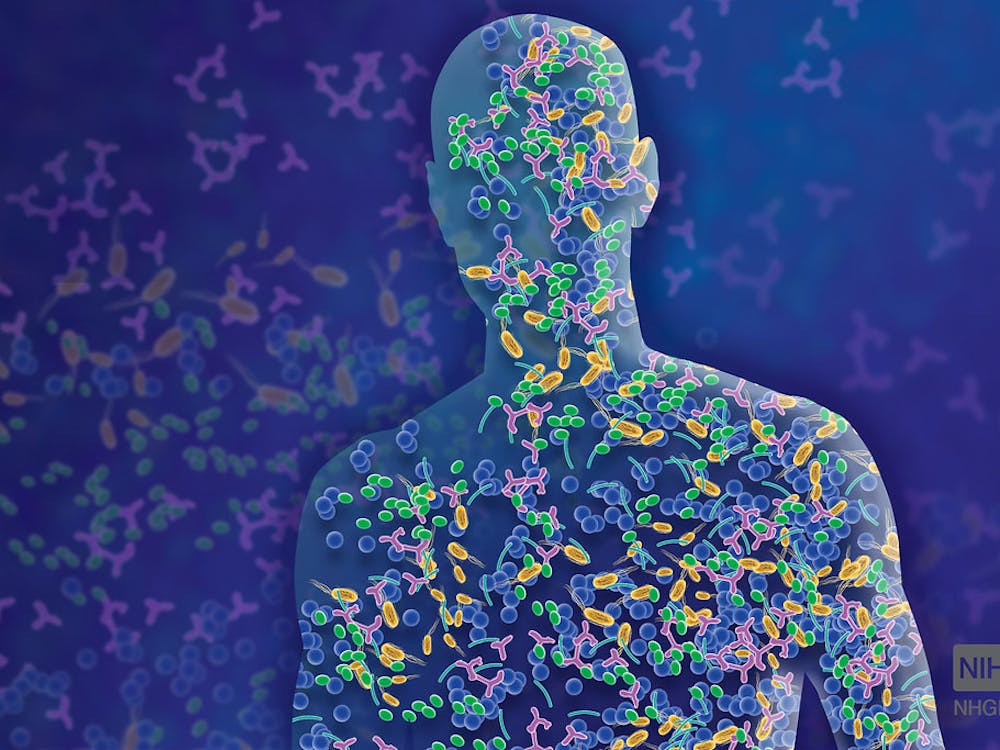Major depressive disorder (MDD), according to the World Health Organization (WHO), is projected to be one of the three leading causes of premature disability and mortality by 2030. However even if 100 percent of MDD patients utilized currently available evidence-based treatments, two-thirds of the people suffering from the disorder, according to one estimate, would still remain untreated.
Since full recovery from MDD has been shown to be difficult to achieve, the importance of prevention has been increasingly acknowledged. Recently, studies have demonstrated that psychological intervention is effective at preventing MDD in individuals with subthreshold depression.
In May 2016, an international team of researchers led by David Ebert, senior researcher at the Department of Clinical Psychology and Psychotherapy of Friedrich-Alexander-Universität, Germany, has shown for the first time that web-based psychological intervention can prevent the onset of MDD. The study, published in the Journal of the American Medical Association, illustrates a randomized clinical trial involving German citizens suffering from subthreshold depression.
The researchers defined the eligibility criterion for subthreshold depression as a rating of 16 or more on the Center for Epidemiological Studies Depression Scale (CES-D).
The potential participants were also screened based on their recent diagnostic and treatment history. Individuals who had a history of MDD or psychotherapy in the past 6 months were not eligible for the study. Moreover, at the time of recruitment, the screened individuals were excluded if they currently met diagnostic criteria for a major depressive episode, bipolar disorder or psychotic disorder.
Overall, 406 adults with subthreshold depression were recruited into the study, with about half (202) randomized into the intervention group and the other half (204) placed into the control group. In the treatment group, the research participants were able to benefit from an online training course called GET.ON with the help of individually assigned online trainers who supported them throughout the exercises and provided them with written feedback following each session.
The exercises were based on behavioral and problem-solving therapy, and the research participants were urged to complete at least one session per week or two, if possible. Consisting of six sessions, each lasting about 30 minutes, the training course did not demand a significant time commitment from the participants.
Study subjects randomized into the control group, however, received only enhanced usual care. Through a web-based medium, the participants were provided with information about evidence-based treatments for MDD that they might not have otherwise learned from a visit to a primary care clinician. These participants also did not benefit from the support from an online trainer.
Following the use of the training and educational modules, the participants were contacted by the research team at six-month and 12-month follow-up checkpoints at which they were assessed for the development of MDD. SCID (Structured Clinical Interview for DSM-IV Axis Disorders) interviews were conducted via phone to monitor the severity of depressive symptoms.
Upon statistical review of the results, the researchers found that 55 participants (27 percent) in the intervention group experienced MDD during the 12-month time span, as compared to 84 participants (41 percent) in the control group. Moreover, the average time until onset of MDD was found to be significantly delayed for the intervention group (43 weeks) as compared to the control group (37 weeks).
“We were able to show with the study that GET.ON can reduce the risk of depression occurring effectively,” Ebert said in the press release from Friedrich-Alexander-Universität. “GET.ON offers people with initial symptoms a highly effective but also flexible and low-cost way of successfully preventing the development of a depressive disorder that would require treatment.”
Ebert and collaborators, however, note some factors that may have skewed their results. As with most trials studying psychological interventions, research participants were aware of their study designation, which may have amplified the effectiveness of the online training course or conversely, the ineffectiveness of the enhanced usual care module.
Moreover, the research team was unsure of whether the efficacy of the GET.ON training course was mainly attributable to the exercises of the online intervention or the guidance of online trainers. Further study would be required to determine whether unguided web-based interventions would produce different results.
According to the researchers, web-based interventions have the potential to become a major preventative measure for MDD. Easily accessible at any time and place, online psychological interventions may prove to be a more effective way of administering therapy to individuals suffering from depressive symptoms, a majority of whom do not seek assistance. An online training course may appear to be a less burdensome intervention and thus, a more efficient preventative method for MDD.























Please note All comments are eligible for publication in The News-Letter.